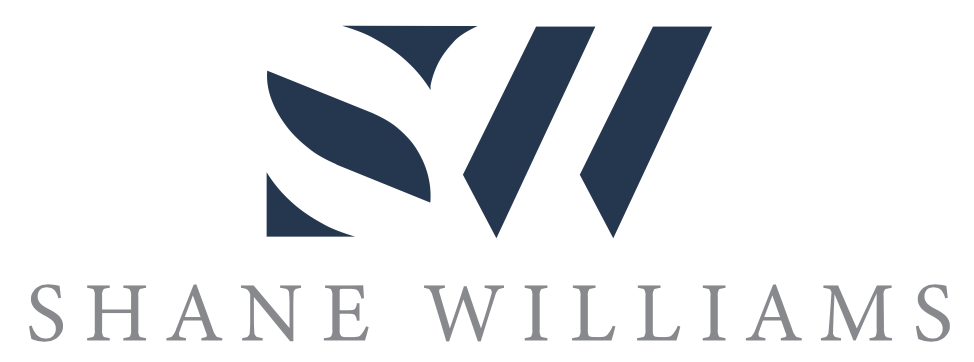When and who should founders turn to when you need help?
When and who should founders turn to for support?
In this week’s episode of Platform Diaries, Seb Poole knows what the start-up journey is like. He entered the world in 2016, with an e-commerce venture in Hong Kong. After selling it in 2020 for just more than 20m AUD, Seb co-founded Frankie Health, a B2B mental health platform that delivers personalised mental healthcare to modern workplaces.
Reflecting on the start of his journey, Seb reveals that he, like many, was once a jack of all trades.
“Founders in the early stages of the journey are going to be very hands-on. They probably built a lot of the product that’s out for initial distribution, put the systems into place, and have an inexplicable understanding of how their business needs to operate.”
It is inevitable for founders in the early stages of their business to wear many hats and to undertake work that is necessary when there is no one else to do so. However, when a business begins to scale, the founder’s role is going to change. Seb argues that as this change occurs, so should one’s approach to running the business.
“You see it very often with technical founders in particular. They need to completely shift their mindset as to how they approach their business. They’re no longer just on the scrappy, ‘let’s get something over the line’ mentality, but they’re looking into how to create a sustainable business.”
It is at this point in scaleup where Seb thinks that one’s own nous may not be enough, and it is possibly time to reach out for help.
“If you look at the critical path, there are going to be requirements that need subject matter experts brought in so that you can get them executed in the right way from the start date. For example, if it’s a SAS business, then we need to look into how we can bring in consultants from a distribution perspective if that's not your strength.”
It is through an evaluation of one’s own strengths and weaknesses when it will be illuminated where consultants may be needed and where resources are best spent. Also determining whether you can hire somebody in house and when you need to bring someone in will help shape this decision.
But what happens when this consultant comes in and tells a founder that their baby is ugly? Seb personally likes it.
“I like the challenge of it and I think it is important because it’s down to being able to quickly react to changes in the market… one thing I would take into consideration is that consultants coming into a scale up often desire to do things perfectly and to architect it in a way that you would for an enterprise-level customer.”
To add to this point, I also think that founders should be wary of the consultant’s agenda. If a consultant has a solution but also a selling point, it may be worth gathering a second opinion or considering any underlying bias.
For the record, Seb’s baby is far from ugly. Frankie is thriving, working with big businesses like Mr Yum to improve the mental health of their employees.
Moving the conversation back towards a more general evaluation of what it takes to be a good founder, I wanted to know from Seb’s own personal experience what are the key lessons he has learnt from embarking on his own start-up to scale-up.
“The founder should focus on aligning strategy. We need to make sure that everyone in the company is aligned with moving at a scale-up stage, and that people need to buy in.”
Seb believes that this type of lesson was all correlated with communication.
“When you’re running a small team, it is relatively easy in the sense that the whole team can be on the same page. As we’re growing, that communication, be it emotional or informational, will change… as a business owner, you need to look at problems in certain areas and understand the issues, because often they’re going to flow into different parts of the company.”
Understanding your company’s information flow architecture across your team can give you insight into where the potential bottlenecks occur. This lesson in aligning strategy and ensuring communications is seamless makes up one of the biggest lessons that Seb has taken away from his startup journey.
“The second lesson I learnt would be planning time and resources. The third would be shifting focus depending on the stage of the journey.”
Are you beginning to scale-up and feel as though there are gaps in your knowledge? Or perhaps you need to remove one of the many hats that you’ve been forced to wear. Seb Poole argues there is no need to shy away from asking for help. In fact, it might be the best thing for your business!
